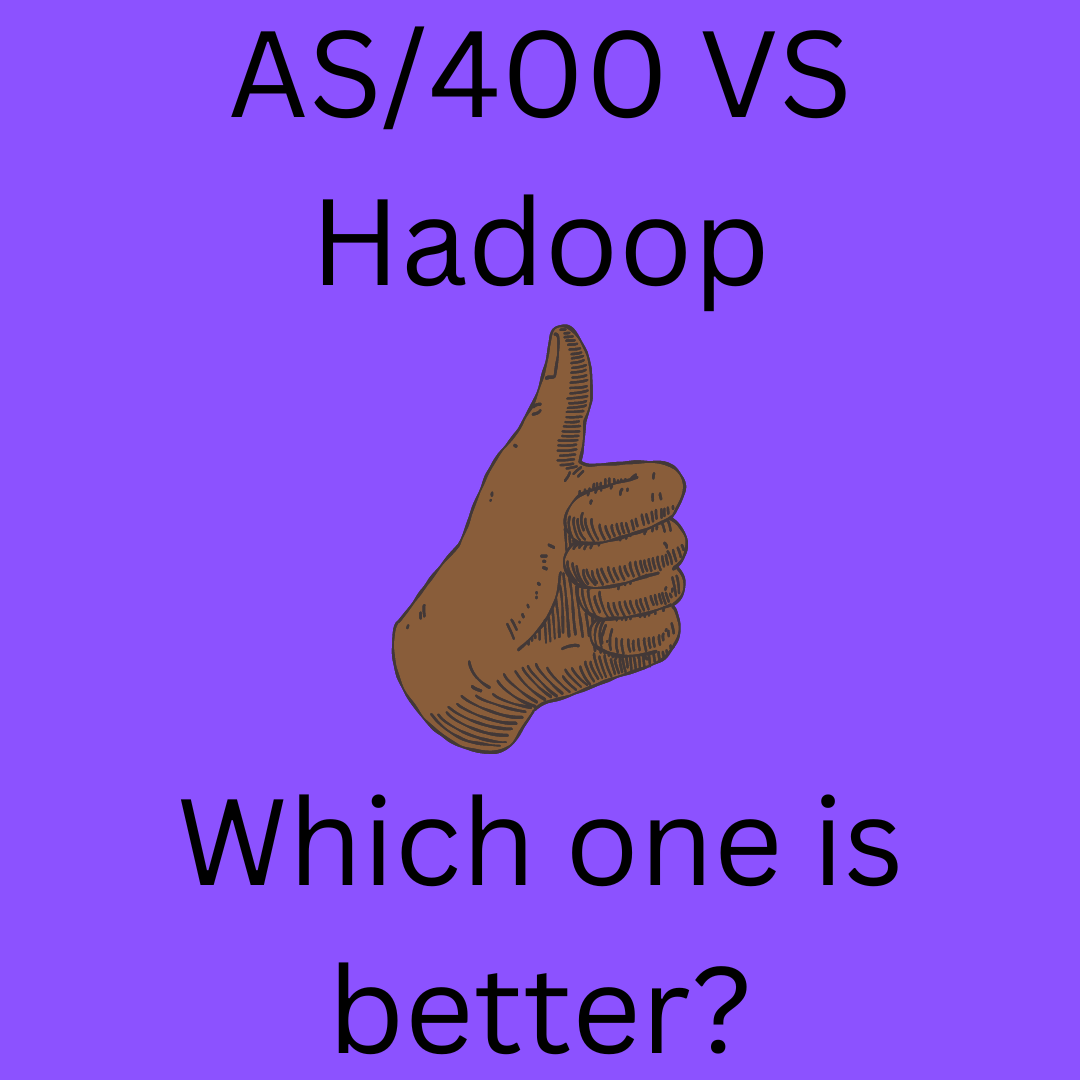When it comes to choosing between AS/400 and Hadoop, there are several factors to consider before making a decision. Both AS/400 and Hadoop are popular technologies used in the field of data processing and storage, but they have different strengths and weaknesses. In this article, we will discuss the key differences between AS/400 and Hadoop to help you determine which technology is better suited for your needs.
What is AS/400?
AS/400, also known as IBM iSeries, is a popular midrange server platform that was first introduced by IBM in the late 1980s. It is designed to handle a wide range of applications, from transaction processing to database management, and is widely used in industries such as finance, healthcare, and logistics.
One of the key strengths of AS/400 is its reliability and security. It is a highly stable platform that is known for its uptime and low risk of data loss. Additionally, AS/400 offers a high degree of security, with features such as role-based access control and built-in encryption.
What is Hadoop?
Hadoop, on the other hand, is an open-source distributed computing framework that was created by Apache. It is designed to process and store large amounts of data across a distributed network of computers, and is widely used in industries such as finance, healthcare, and e-commerce.
One of the key strengths of Hadoop is its scalability. It is capable of processing and storing petabytes of data and can easily be scaled up or down depending on the needs of the organization. Additionally, Hadoop offers a high degree of flexibility, with support for a wide range of programming languages and tools.
AS/400 vs. Hadoop: Which is Better?

When it comes to choosing between AS/400 and Hadoop, there is no clear winner. Both technologies have their own unique strengths and weaknesses, and the choice ultimately depends on the specific needs of the organization.
If you are looking for a highly reliable and secure platform that can handle a wide range of applications, then AS/400 may be the better choice. It is a stable platform that is well-suited for transaction processing and database management and offers a high degree of security.
On the other hand, if you are looking for a scalable and flexible platform that can process and store large amounts of data, then Hadoop may be the better choice. It is capable of handling petabytes of data and can be easily scaled up or down as needed. Additionally, it offers a high degree of flexibility, with support for a wide range of programming languages and tools.
In conclusion, both AS/400 and Hadoop are powerful technologies that can help organizations to process and store data efficiently. The choice ultimately depends on the specific needs of the organization, and it is important to carefully evaluate the strengths and weaknesses of each technology before making a decision.
I have written this article just to give you an idea which can help a newcomer in IT industry to think that he/she should go with AS/400 or Hadoop option.
Here’s a table comparing AS/400 and Hadoop based on some key features:
| Feature | AS/400 | Hadoop |
| Type of System | Proprietary | Open Source |
| Architecture | Centralized | Distributed |
| Scalability | Limited | Highly Scalable |
| Data Storage | Structured | Both Structured and Unstructured |
| Data Processing | Batch Processing | Both Batch and Real-time Processing |
| Data Analysis | Limited Analytics | Advanced Analytics |
| Cost | Expensive | Free and Open Source |
| Ease of Use | User-Friendly | Requires Technical Expertise |
| Security | High Security | Requires Additional Security Measures |
| Community Support | Limited Community Support | Large and Active Community |